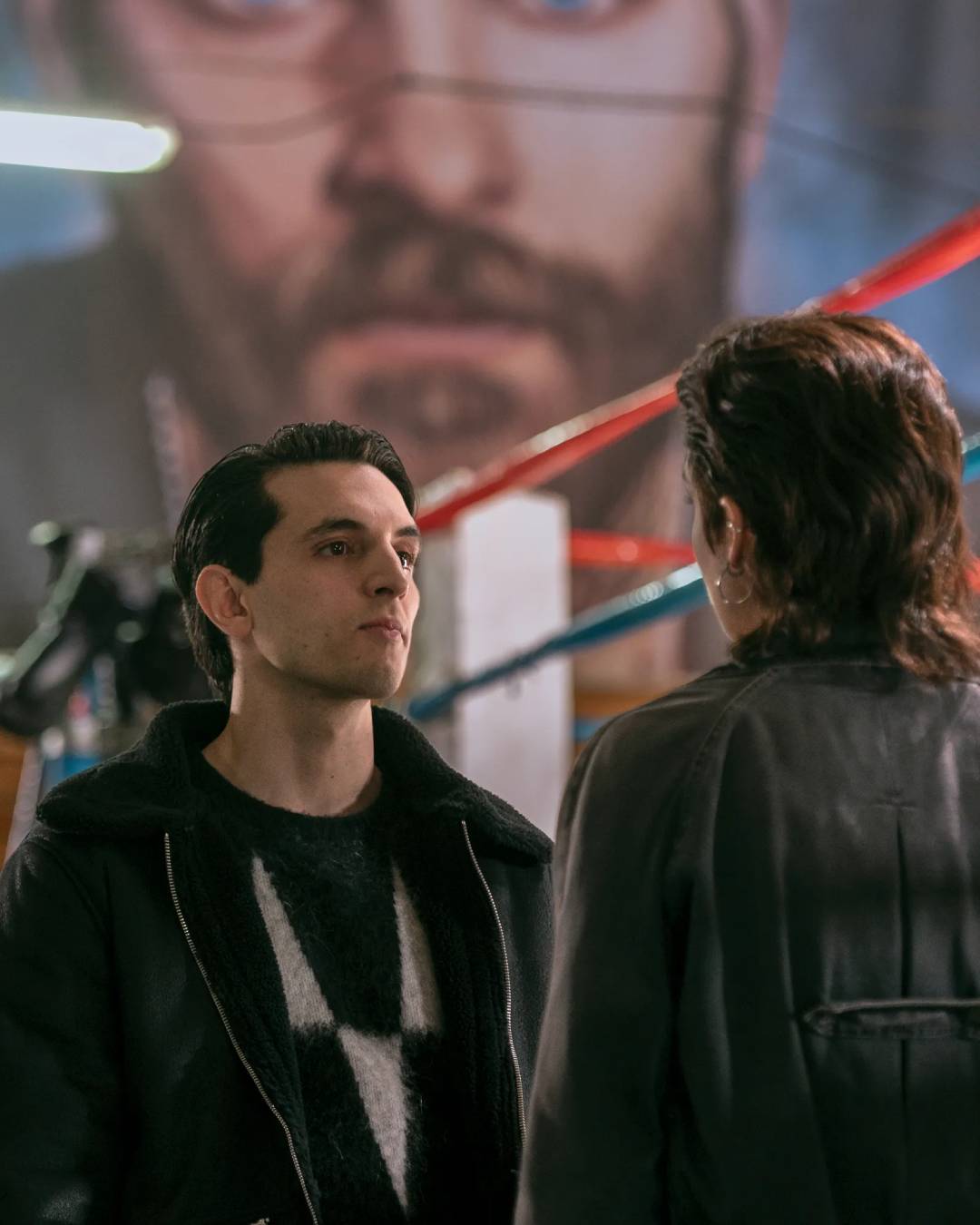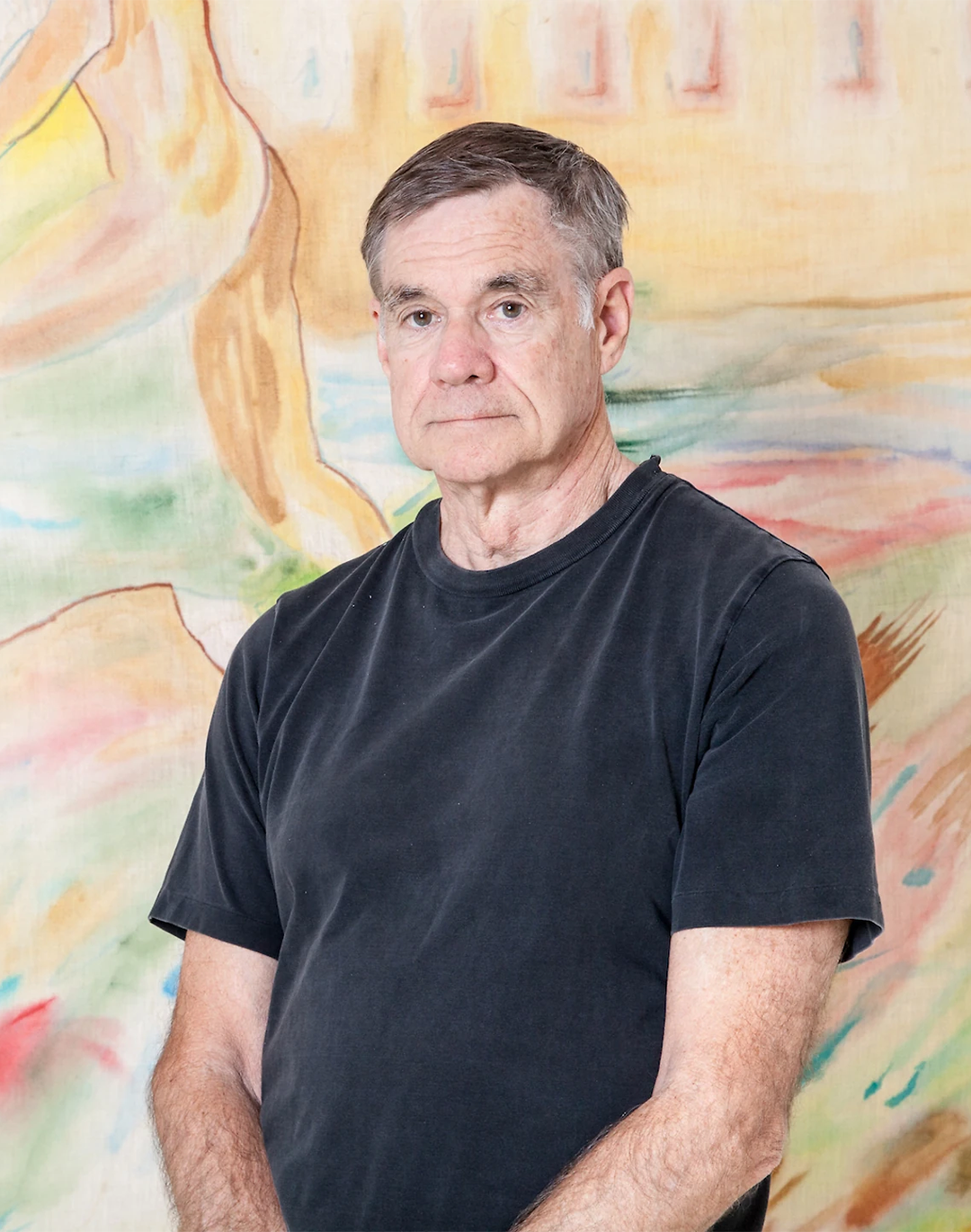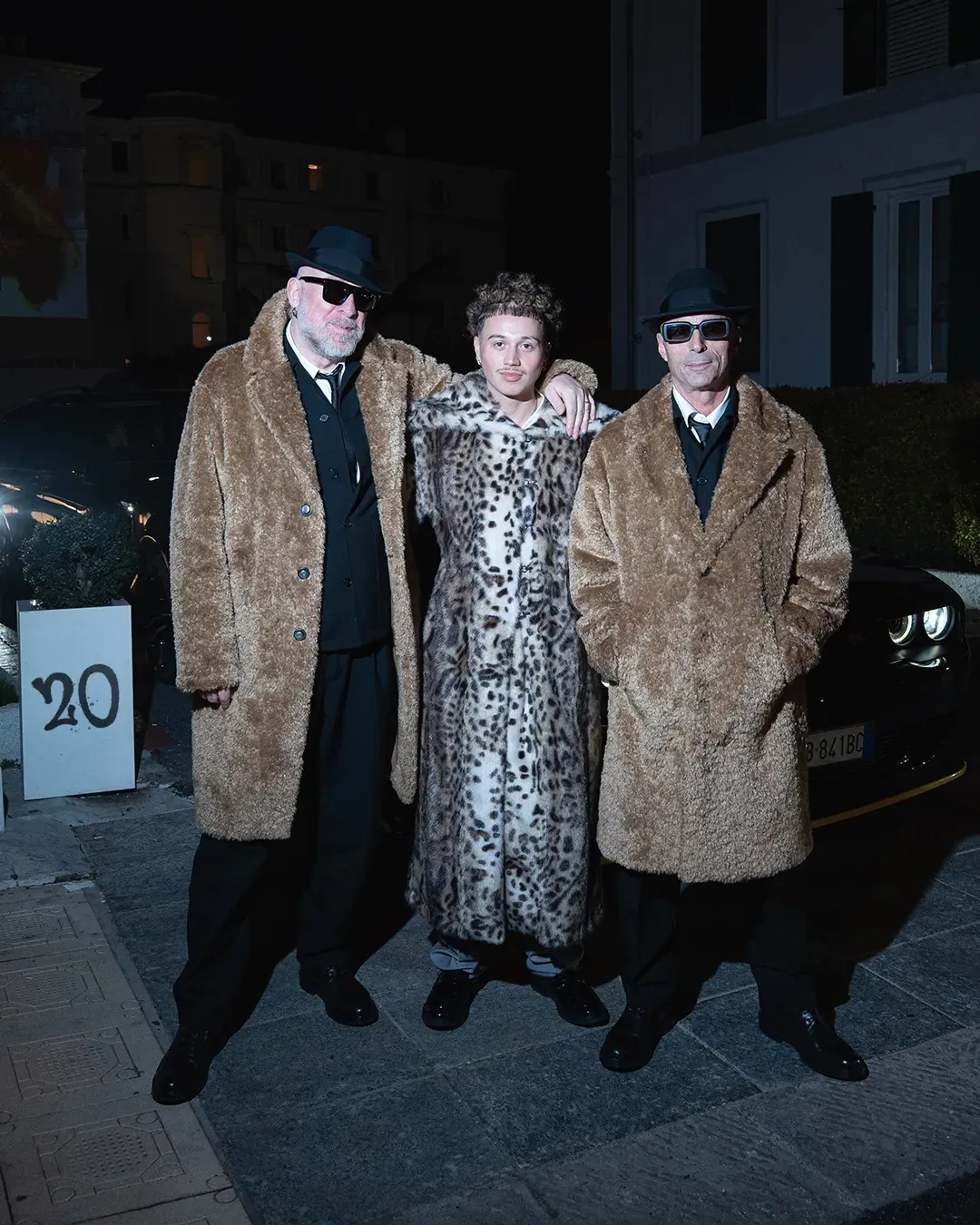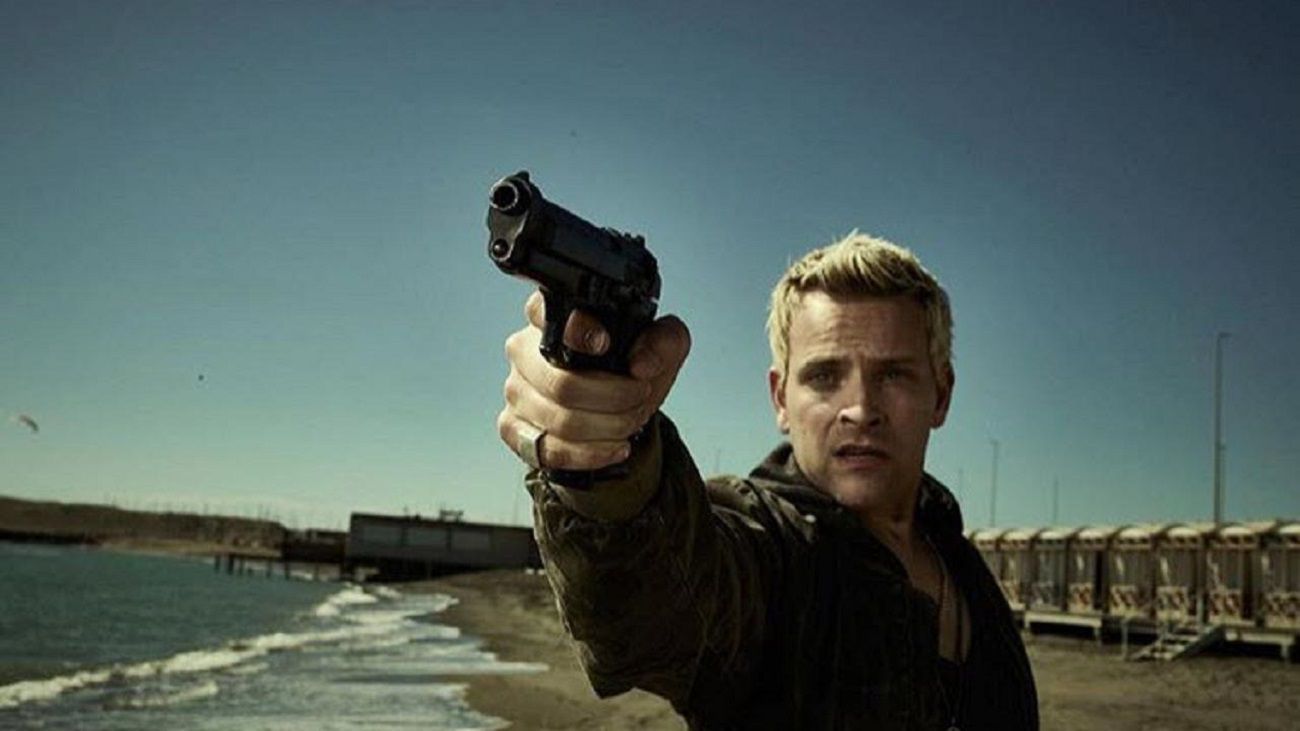
How Suburra narrated Rome and crime Interview with screenwriter Ezio Abbate and the return of Suburræterna
Among the numerous series that have built their success on the imagery of Roman criminality, one stands out that has defined our way of enjoying cinematic products. It was 2016, the peak of Netflix, when Stefano Sollima brought to life the novel by Carlo Bonini and Giancarlo De Cataldo in locations far from the sacred sets of Roman cinema, in the outskirts, seeking a realism that, amid lights and shadows, truly represents Rome. From the African Quarter, better known as Quartiere Trieste, to Aureliano's gym in Ostia, passing through Spadino's disco in the Tuscolana area, the novel was named Suburra, a title that still evokes the eponymous series today, able to crystallize in the mainstream imagination without succumbing to time and all the surrogate products that have tried to erode it. Eight years after its debut, Netflix picks up its legacy with Suburræterna, a spin-off that, with both old and new faces, tells the evolution of the new balances in the fictional Roman mafia. To understand how the world has changed since the last time we saw Suburra and to prepare for its return, we interviewed the screenwriter who determined its rhythms and styles, if not precisely its success, about his profession, our fervent interest in crime, the difficulties of writing for cinema and television in Italy: "I get bored easily. I don't like doing the same thing twice; there's a lot new in this Suburra."
Ezio Abbate, a screenwriter, is among the creators of TV series such as Curon, L’ora, Squadra mobile, Le mani dentro la città, and I diavoli, as well as the author of the subject and screenplay for the films Banat and Frontiera (winner of the 2019 David di Donatello for the best short film). He describes his approach to writing as a gradual process, from his law school years to sneaking into the classes of the kids from the DAMS (Disciplines of Arts, Music, and Entertainment) department. The inaccessibility and exclusivity of this profession are recurring themes in the conversation, along with the need to navigate within the "boundaries of an industrial system" and, above all, "work with other people because writing for cinema or television is a great teamwork. It's the Italian tradition. All films about cinema in the 50s, 60s, 70s were always written by groups of five, six, seven screenwriters." Yet, while the heart of the screenwriter's profession is undoubtedly teamwork, the secret to turning a job into a passion lies in personal initiative: "I realized that instead of sending around the things I wrote, the ideas, the scripts, it could be more profitable to send them to older writers than me, and then get an apprenticeship. That's how it happened with the trio of screenwriters who wrote Romanzo Criminale, historically the first Italian series that brought us into the present day." Regarding the strike of the Writers Guild of America (WGA) that lasted for much of 2023 and how labor issues have influenced (or not) Italian screenwriters, he says, "If we were to go on strike, it would be for claims for which in America they would laugh in your face, that is, basic ones."
The specifically Italian passion for crime is a topic that certainly deserves a separate discussion, as well as an investigation into the ways and means through which such criminality has been narrated over the years. It is an index of a catharsis or perhaps a morbid passion that, from music to cinema, is today the only universal key to creating successful cultural products in Italy. "It's a peculiar trend - confirms Abbate - Just look at publishing: the only books that sell in Italy today are inspector and commissioner books. They are serial books but also about cases. True Crime is a separate case: podcasts give you a freedom that cinema doesn't allow, just look it up on Wikipedia and have a good voice. Gomorrah is not a true crime, Suburra is not a criminal novel, these are series that reinvent reality, returning it in more or less fictionalized forms of entertainment, because in Italy, we have the right to be forgotten. Anyone involved in even a minimal way in a procedurally relevant news story has the right to say this story should not be told. And obviously, this is not the case in North America."
But what can we expect from the new Suburra? How can an iconic series continue to speak to us 8 years later? For Ezio, the challenge was to create something new compared to a product now crystallized in the imagination of its most loyal audience: "We set out to reformulate the paths of the old characters a bit, but above all, in finding new characters, in telling new criminal worlds that exist in Rome, and unfortunately, there are many. We tried to create an engagement with the audience almost like a video game, so much so that at the end of the second episode, the viewer will face a crossroads, they will have to decide whether to identify with the old characters or cheer for the new ones. There's a lot new in this Suburra, but it's still Suburra."












































